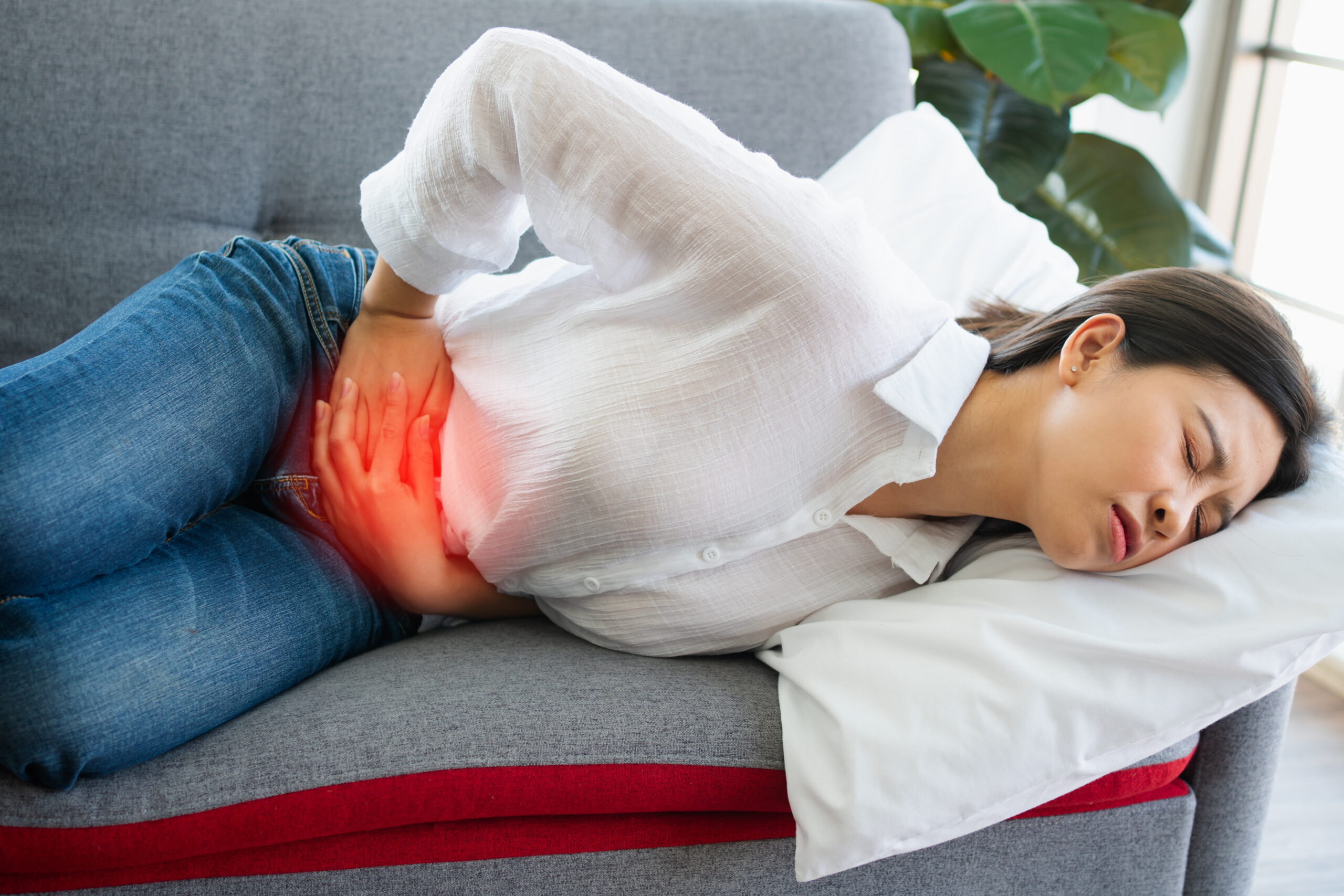Endometriosis can cause a variety of symptoms that can vary in severity from person to person. The most common symptom of endometriosis is pelvic pain, but there are other symptoms that can also indicate the presence of the condition. Here are the key symptoms associated with endometriosis:

Pelvic Pain:
Pelvic pain is the hallmark symptom of endometriosis.
The pain may vary in intensity and may be described as sharp, stabbing, cramp-like, or aching.
Pain can occur before and during menstruation, during ovulation, during sexual intercourse (dyspareunia), or even as chronic pelvic pain throughout the menstrual cycle.
Painful Menstruation (Dysmenorrhea):
Women with endometriosis often experience severe menstrual cramps that may worsen over time.
Pain may start before menstruation and continue during the period.
Painful Intercourse (Dyspareunia):
Pain during or after sexual intercourse is a common symptom.
Deep penetration can be particularly painful.
Chronic Pelvic Pain:
Some women experience ongoing pelvic pain, even outside of their menstrual cycle.
Gastrointestinal and Urinal Symptoms Of Endometriosis:
Endometrial tissue growth on the bowel or bladder can lead to pain during bowel movements or urination.
Bloating, diarrhea, constipation, and other gastrointestinal discomforts can be associated with endometriosis.
Infertility or Difficulty Getting Pregnant:
Endometriosis can lead to infertility due to inflammation, adhesions, and scar tissue affecting the reproductive organs.
Fatigue and Low Energy:
Chronic pain and hormonal imbalances can contribute to fatigue and low energy levels.
Other Symptoms Of Endometriosis:
Some women with endometriosis experience heavy or irregular periods, as well as pain in the lower back or legs.
It’s important to note that the severity of symptoms does not always correlate with the extent of the condition. Some women with mild endometriosis may experience severe pain, while others with more extensive endometriosis may have minimal symptoms.
If you are experiencing any of these symptoms, especially if they interfere with your daily life, it’s recommended to consult a healthcare provider. Early diagnosis and appropriate management can help alleviate symptoms, improve quality of life, and address potential fertility concerns.


